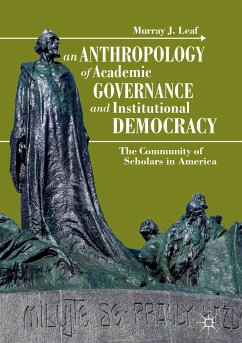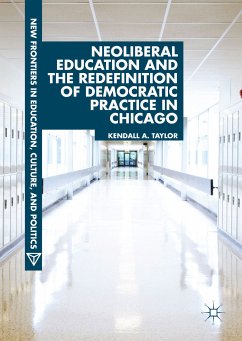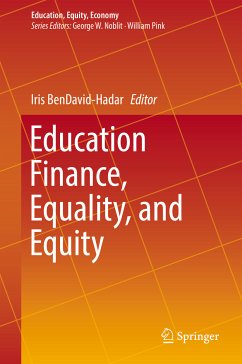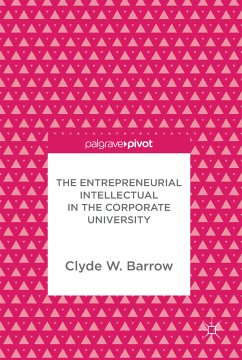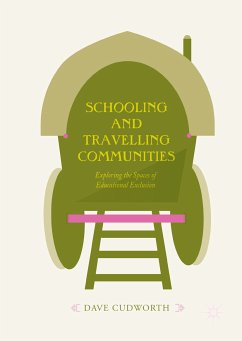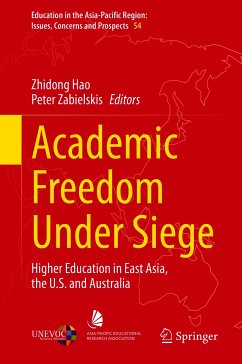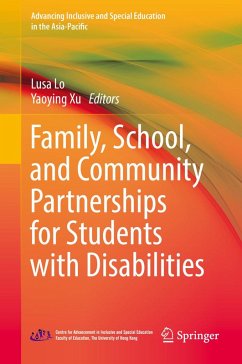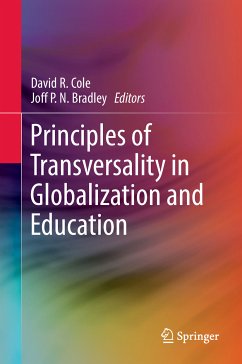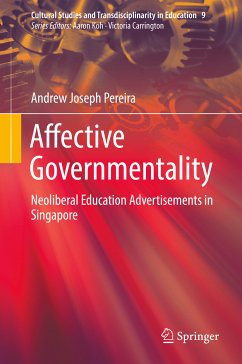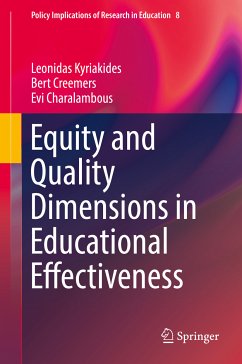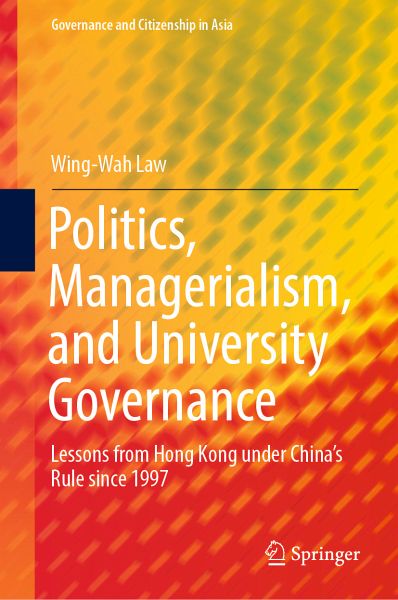
Politics, Managerialism, and University Governance (eBook, PDF)
Lessons from Hong Kong under China's Rule since 1997
Versandkostenfrei!
Sofort per Download lieferbar
40,95 €
inkl. MwSt.
Weitere Ausgaben:

PAYBACK Punkte
20 °P sammeln!
This book explores the interplay between politics, managerialism, and higher education, and the complex linkages between politics and public universities in Hong Kong. Since the mid-20th century, literature on the state, market, and higher education has focused on the state's shifting role from the direct administration to the supervision of higher education, and its increased use of market and managerial principles and techniques to regulate public universities. However, very few studies have addressed the political influences on university governance produced by changing state-university-mar...
This book explores the interplay between politics, managerialism, and higher education, and the complex linkages between politics and public universities in Hong Kong. Since the mid-20th century, literature on the state, market, and higher education has focused on the state's shifting role from the direct administration to the supervision of higher education, and its increased use of market and managerial principles and techniques to regulate public universities. However, very few studies have addressed the political influences on university governance produced by changing state-university-market relationships, the chancellorship of public universities, or students' and academics' civic engagement with regard to sensitive political issues.
Dieser Download kann aus rechtlichen Gründen nur mit Rechnungsadresse in A, B, BG, CY, CZ, D, DK, EW, E, FIN, F, GR, HR, H, IRL, I, LT, L, LR, M, NL, PL, P, R, S, SLO, SK ausgeliefert werden.



